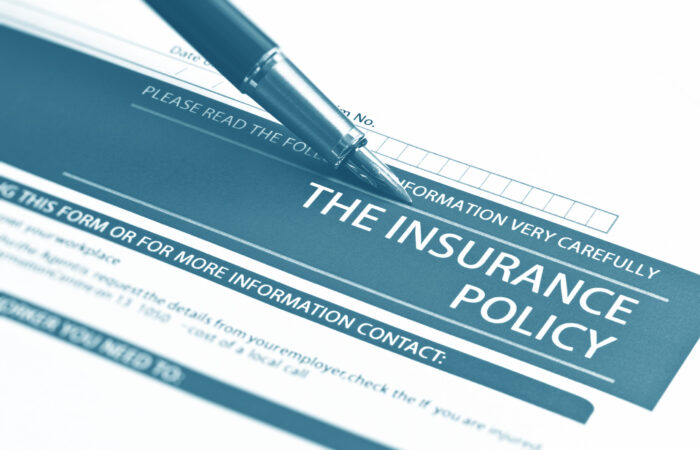When someone buys a home, the title is a legal document that serves as proof…

Real Estate Agents Guide to Closing
Closing a home is the final and arguably the most crucial step in the home-buying process. It's the pinnacle of your effort as a real estate agent, and it’s where your expertise can shine. To ensure that everything runs smoothly, here's an in-depth guide crafted specifically for real estate agents on how to navigate and secure a successful closing.
What is Closing?
Closing, also known as "settlement" or "escrow" in different regions, is when the final ownership of the home is legally transferred from the seller to the buyer. This process involves ensuring that all the necessary documentation is in order, conducting a final inspection, and settling all payments.
Pre-Closing Steps to Get Everything in Order
Before the actual closing day, there’s important groundwork to be done to pave the way for a smooth transition.
Review the Contract in Detail
Go through the purchase agreement with a fine-tooth comb. Check contingency clauses, the agreed-upon sale price, and other specifics that may affect closing.
Stay on Top of Financing
Keep in touch with the buyer's lender to ensure the mortgage approval process is on track. Delays or last-minute financial issues can derail the entire process.
Conduct a Title Search
A clear title is vital for a successful closing. Make sure there are no existing liens, disputes, or legal hurdles that could obstruct the transfer of the home ownership.
Home Inspection and Appraisal
Ensure a professional home inspection has been completed and any agreed-upon repairs have been carried out. Also, verify that the property has been appraised for at least the amount of the purchase price.
Obtain the Closing Disclosure
The buyer should receive a Closing Disclosure form which outlines the terms of their loan and closing costs. Confirm that they review and understand this document to avoid surprises on closing day.
On Closing Day: The Final Countdown
Closing day can be stressful, but proper preparation can lead to a seamless transaction.
Final Walk-Through
Accompany the buyer on a final walk-through of the home. This is to verify that the property is in the condition expected, as per the contract.
Required Documentation
Ensure that all parties have the necessary documents handy. This can include photo IDs, the contract, inspection reports, bank statements, and more. As an agent, make sure you have a checklist of all documents required.
Settlement Statement Review
Review the settlement statement, also known as the HUD-1, one last time. It summarizes the deal's financial aspects and ensures both buyer and seller are on the same page about payments and credits.
Transfer of Funds
Confirm ahead of time how the buyer intends to pay the closing costs and down payment—whether it’s by wire transfer or cashier's check. All funds must be accounted for.
Key Handoff
Once all documents are signed, and funds are distributed, keys can be handed to the new homeowners. It's a symbolic moment, representing the successful conclusion of the process.
After Closing: Tie Up Loose Ends
Record the Deed
The deed and mortgage need to be recorded in the local property records office. This officially signifies the buyer as the new homeowner.
Follow-Up
After closing, check in with the buyer (and seller). Ensuring satisfaction after the sale can lead to future referrals or business.
Conclusion
Successful home closings are a testament to a real estate agent’s dedication and attention to detail. By following this guide, agents can ensure they are doing their best for their clients and helping to forge lasting relationships built on successful transactions.
Closings signify more than the end of a sale—they mark the beginning of a new chapter for homebuyers. Your role in


